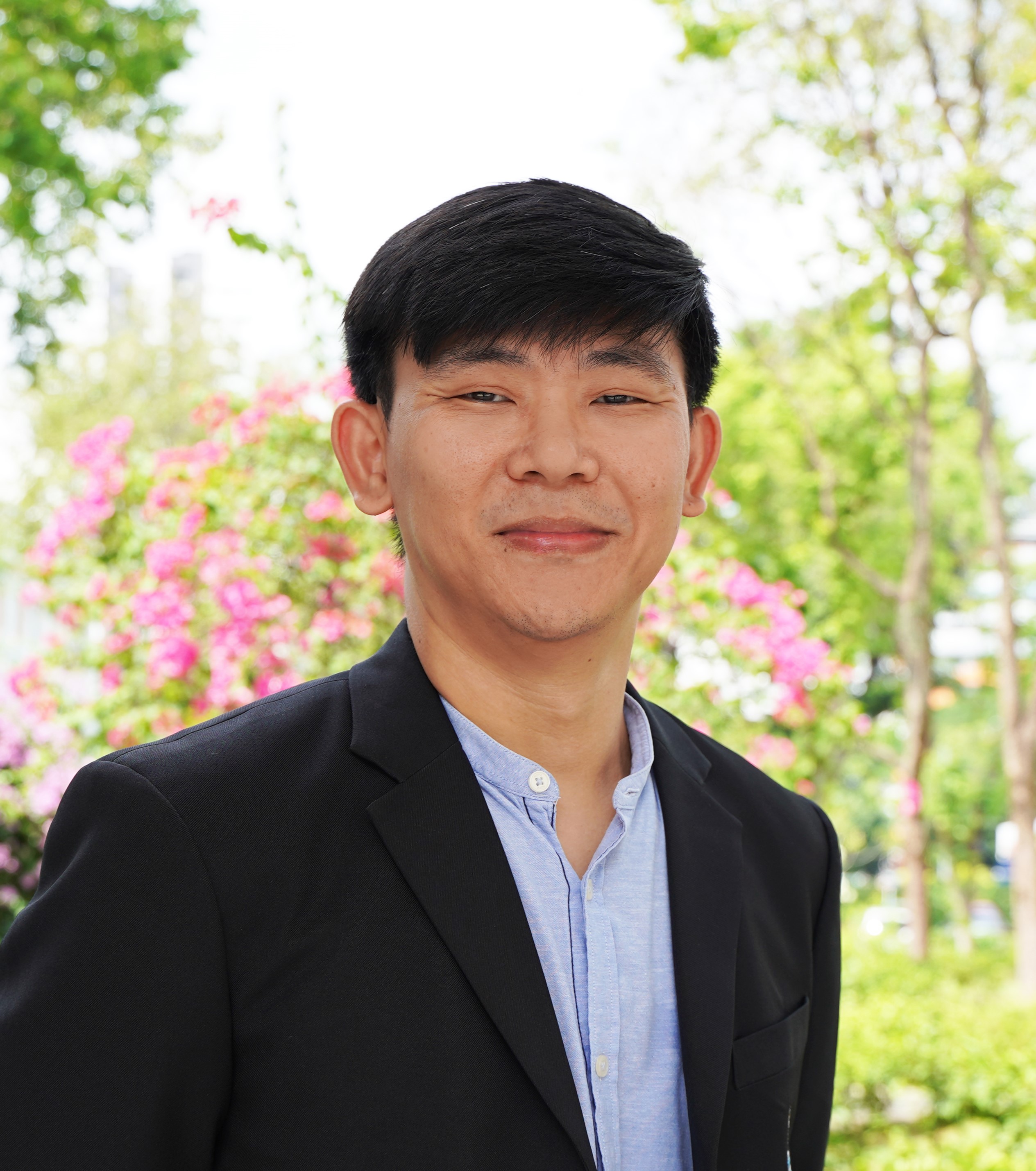
DaXuan Ng
- daxuan.ng@jcu.edu.au
 https://orcid.org/0000-0002-0183-9348
https://orcid.org/0000-0002-0183-9348- Lecturer Counselling
Projects
0
Publications
5
Awards
0
Contact Details
- 67093889
- daxuan.ng@jcu.edu.au
Biography
With over a decade of experience in counselling and higher education, Dr Ng has worked across diverse settings, from university counselling centres, social service agencies to private practice, providing counselling, clinical supervision, and consultation and one of the first few individuals introducing initiatives like Feedback-Informed-Treatment into the local counselling context.
Dr Ng has published multiple peer-reviewed articles exploring intergroup attitudes, personality psychology, and counselling research methodologies. His doctoral research provided novel insights into the role of the openness personality trait in shaping intergroup attitudes. His research often aims to address the need of marginalised communities and promoting inclusivity in therapeutic settings. His dedication to research excellence earned him the 2025 Dean's Award for Higher Degree Research Excellence, placing him among the top 10% of PhD graduates at JCU.
Dr. Ng is a registered and practicing counsellor with extensive experience mentoring research students and fostering critical thinking in both research and practice. Dr Ng's teaching philosophy centers on active learning and critical thinking. He has taught and developed graduate-level courses in counselling, supervised student research, and facilitated workshops on clinical skills, where his teaching evaluation ratings consistently exceed the university average, often scoring above 4.5 out of 5, reflecting his ability to connect with students and inspire meaningful learning.
Beyond academia, Dr Ng is also a committed volunteer, serving as a crisis responder and youth mentor, and actively contributes to professional communities such as the Singapore Association for Counselling and the International Network for Anti-Racist Teaching in Counselling.
Research
Research Interests
Dr Ng specialises in personality psychology and is passionate in projects that looks at the mental wellbeing of marginalised communities and counselling competencies.
Potential topics for supervision include:
- The link between Personality (RST, Big Five, Five Factor Model) and Social Attitudes (prejudice, social tolerance, altruism, compassion)
- Microaggression in mental health settings
- Deliberate practice in counselling, and
- Mindfulness and Compassion in clinical practice
Teaching
Teaching Interests
His teaching interests include Research Methods in Counselling Psychology, Microskills
in Counselling Practice, and Assessment and Case Conceptualisation in Counselling
Psychology. He has taught a wide range of courses, from introductory psychology
modules (e.g., Communication and Interpretation of Psychological Research) to
advanced seminars on social psychology, research methods, and counselling
practice. Dr. Ng is particularly passionate about fostering reflective thinking
and encouraging students to draw connections between the content taught in
class (professional knowledge), personal experience (affect, attitude,
thoughts, and beliefs), and professional practice (professional skills).
Research Advisor Accreditation
Advisor Type
Secondary
